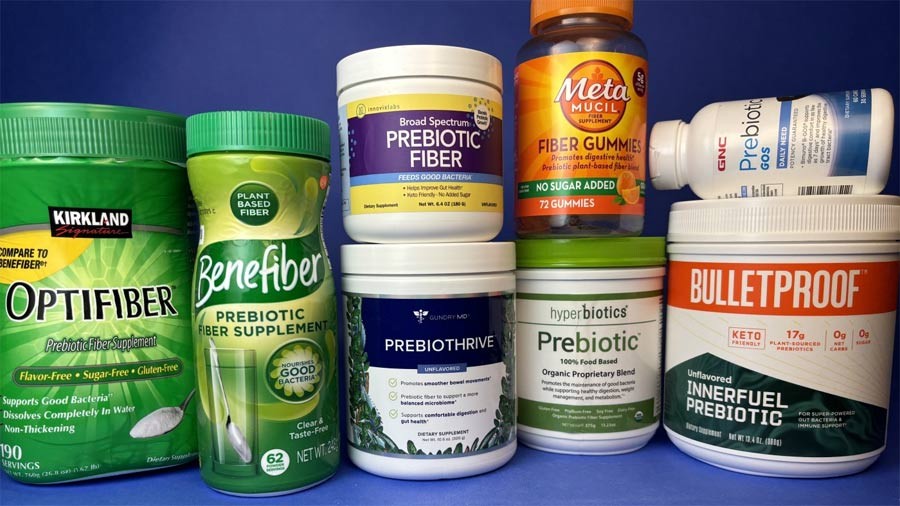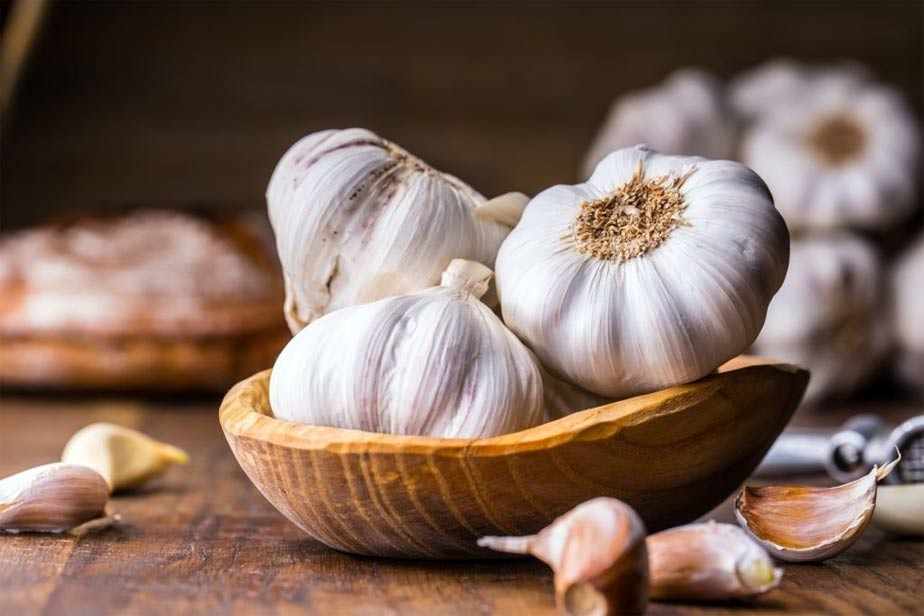Not all supplements are beneficial for irritable bowel syndrome (IBS), and some may even worsen your symptoms. Here are supplements that are not recommended for people with IBS .

Irritable bowel syndrome (IBS) is a common digestive disorder that affects millions of people worldwide. It is characterized by symptoms such as abdominal pain, bloating, diarrhea, and constipation, which can significantly impact a person’s quality of life. While the exact cause of IBS is unknown, it is often linked to a combination of factors such as gut sensitivity, diet, stress, and lifestyle. Managing IBS can be a challenging and deeply personal process, as what works for one person may not work for another. This leads many people to explore different methods to relieve their symptoms, with supplements being a popular option.
Many supplements promise to target gut health, control symptoms, or restore balance in the digestive system—all of which sound appealing. However, not all supplements are created equal, and some can do more harm than good for people managing IBS. Choosing the right option, whether it’s a Colon cleanse or another digestive aid, is important to avoid aggravating the condition.
This article will help you better understand the role of supplements in managing IBS by shedding light on which ones nutritionists say you should avoid.
Supplements not for people with IBS
Vitamin C
Vitamin C supplements, especially in high doses, can cause problems for people with IBS, especially IBS-D (irritable bowel syndrome with diarrhea). " While vitamin C is known for its antioxidant benefits and improved iron absorption, large doses can act as a laxative and significantly worsen diarrhea symptoms," says Amanda Godman, MS, RD, CDN, a registered dietitian .
Instead of relying on vitamin C supplements, Godman recommends boosting your antioxidant intake through whole foods. Fresh fruits and vegetables not only provide natural vitamin C, but also provide additional nutrients and fiber. “ Fruits high in soluble fiber (mashed apples, ripe bananas, avocados) in particular can be beneficial in helping to control diarrhea while also giving you a dose of vitamin C ,” Goodman adds.
It is important to note that data suggests that people with irritable bowel syndrome may be susceptible to vitamin C deficiency. Proper intake of this nutrient through food and, in some cases, adequate supplementation under the guidance of a physician is essential to maintaining healthy levels.
Prebiotic fiber supplements
Prebiotic fiber supplements, such as inulin, can play a beneficial role in feeding the gut microbiome. But Kaytee Hadley, MS, RDN, IFMCP, shares that while prebiotic fiber is generally considered good for gut health, it can sometimes backfire in people with irritable bowel syndrome. “I caution people with irritable bowel syndrome about taking prebiotic fiber supplements like inulin,” Hadley says. “ While prebiotic fiber can be good for the gut microbiome in general, in people with irritable bowel syndrome it can cause bloating, abdominal pain, and changes in bowel movements .” These side effects can exacerbate the symptoms people with irritable bowel syndrome are trying to manage, making it important to weigh the potential benefits and risks.

" Supplements are not a one-size-fits-all approach, and it's important to remember that some supplements work well for some people but not for others, " Hadley added. Research suggests that personalizing prebiotic supplementation based on individual needs in people with IBS is important, as some people with the condition may tolerate and even benefit from them, while others may experience the opposite effect. Specifically, researchers report that prebiotic and probiotic supplements personalized to an individual's gut microbiota and IBS subtype may reduce the severity of the condition.
Cascara Sagrada
Cascara sagrada is a natural laxative made from tree bark that is often used to help relieve constipation. It works by stimulating the intestines to promote bowel movements. While it may sound appealing, if you have IBS, cascara sagrada may not be the best choice for constipation.
“ Although marketed as a natural remedy for constipation, it can irritate the intestinal lining and worsen symptoms like cramping, diarrhea, and bloating, especially for people with IBS-D (diarrhea-predominant IBS),” notes Mascha Davis, M.D. , RDN, a registered dietitian . “Long-term use can also lead to dependence and potentially harm the gut microbiome, making it counterproductive in controlling IBS symptoms .”
Garlic

Garlic is widely used for its potential health benefits, as garlic is known for its antibacterial, antiviral, and immune-supporting properties.
These supplements are often made from concentrated forms of garlic, such as garlic powder, oil, or aged garlic extract. They are often marketed to help improve heart health, lower blood pressure, and fight infections.
However, garlic supplements can cause significant problems for people with IBS. Garlic is high in FODMAPs, a group of fermentable carbohydrates that are poorly absorbed in the gut. These compounds can lead to symptoms such as gas, bloating, abdominal pain, and diarrhea in people with IBS. Even in supplement form, concentrated garlic compounds can cause these digestive problems, making them an unfavorable choice for people with irritable bowel syndrome.

















